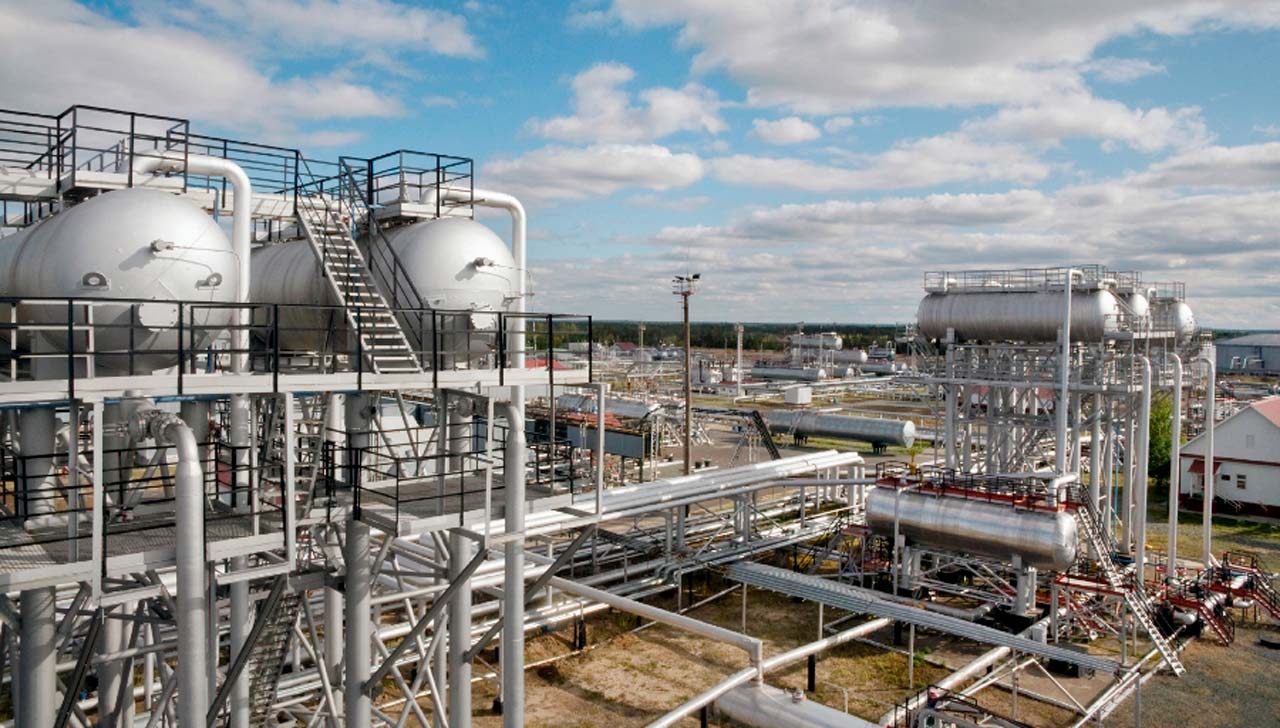By Energy Worth
About $51 billion worth of investment opportunities currently exists in Nigeria’s gas sector. This investment could be spread to Free Trade Zones (FTZ), central gas processing facilities, fertilizer plants, gas exploration & production, pipe milling & local fabrication yards.Other available investment areas are virtual pipelines, gas transmission, and power plant projects, flare gas commercialisation initiatives and liquefied petroleum gas plants.
Already, three gas transportation infrastructure projects have been scheduled for completion by the end of the fourth quarter of 2018.The projects include Obiafu-Obrikom-Oben (OB3) Pipeline, which is expected to link gas sources in the East to Western and Northern markets; the ELPS II Pipeline expansion project that is to take gas from the source to customers; and the ELPS-Lekki Pipeline project.
Stakeholders who spoke at the Nigerian Gas Association (NGA)’s Natural Gas Forum 2018 titled: “Gas Policy, Markets and Regulation: Catalysing Development of Gas Industrial Hubs,” believed that there are potential in the Nigeria’s gas sector that were yet to be harnessed.
Speaking at the forum, the General Manager, Commercial, Nigerian Gas Processing and Transportation Company Limited (NGPTC), Justin Ezeala, said there are gas projects, which were nearing completion stages and would add to Nigeria’s gas production capacity by fourth quarter of this month.He stated that development of a robust gas transportation network is critical for the development of gas industrial hubs across the country.
He noted that the major pipeline projects they are ready for completion and others, were now being developed to achieve effective gas transportation in Nigeria.He said that synergy among stakeholders reduces costs, increases profits, minimizes business risks and serves the customer better.
Ezeala added that a robust gas transportation network is required to deliver gas to the existing and proposed industrial hubs.According to him, the presence of gas supply infrastructure supports the development of industrial hubs, bringing cleaner, cheaper and more environmentally friendly fuel to the markets.He noted that one of the main goals of the Gas Master Plan was to develop a backbone gas transportation network to make gas available to existing and potential industrial hubs across the country.
Ezeala noted that while this may not have been fully realized, a lot of progress has been made with required modifications to the initial proposal where necessary.The lead presenter at the forum, the Managing Partner, Olaniwun Ajayi, Prof. Konyin Ajayi, said that there is opportunity for $15 billion investment in the country’s gas sector.
He listed gas development challenges in Nigeria to include regulatory, governance, slow transition from oil to gas economy, and legislation challenges.Others, according him were sector structure, insecurity, absence of robust gas infrastructure and challenging international climate.
He emphasized the need for deliberate and articulate policy for exploration for gas; wholesale market competition with gas pricing set by the market; and to be an attractive gas-based industrial nation, with a significant presence in national and international markets.He also stressed the need to position Nigeria as Africa’s regional hub for gas based industries such as fertilizer, methanol, petrochemicals; mature key gas infrastructure with liberalised access to infrastructure and gas processing; and adequate supply of gas to meet domestic market demands include power generation as well as developing a significant presence in international markets.
Also speaking at the event, President of NGA, Mr. Dada Thomas said that the abundance of gas resources would help to ensure that there is sufficient energy to meet the nation’s power needs.He described gas as the fastest growing fossil fuel in the 21st century, which is expected to emerge as the main hydrocarbon component of a more sustainable mix to power the world’s economy.
Dada noted that a lot of people are more focused on the current volatile conditions associated with the gas business, commerciality amid extensive geopolitical and security risks in the country. “We at NGA, we believe these conditions are not simply cyclical ones. To a degree, they are connected to longer-term trends – the restiveness in Niger Delta and pipeline vandalism being some case in point,” he said.He explained that the theme ‘Gas Policy, Markets and Regulations: Catalysing Development of Gas Hubs’ was chosen to draw lessons for Nigeria in developing its domestic competitive gas markets and gas hubs.








